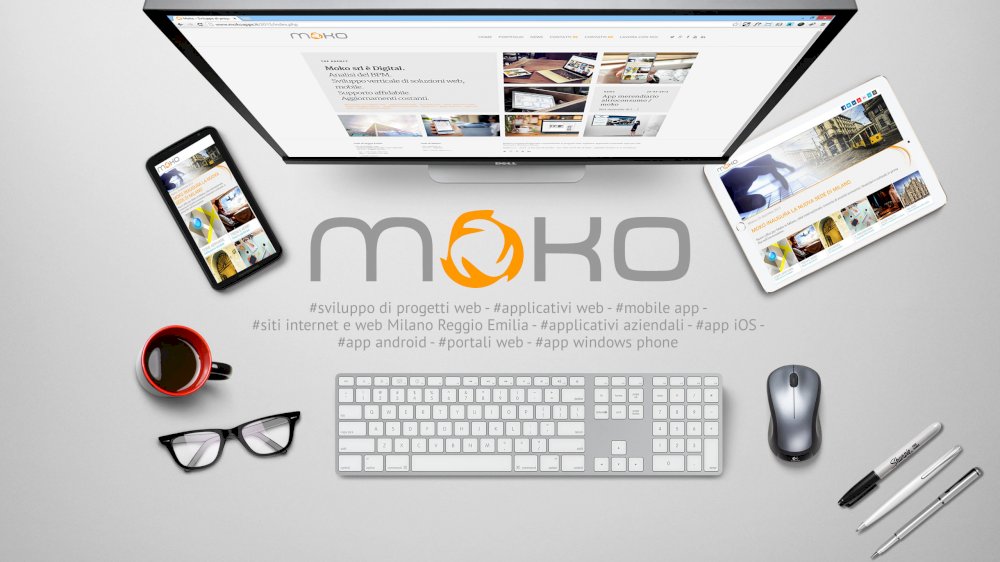5 benefits of 4.0 Industry
We are increasingly talking about Industry 4.0, the Internet of Things (IoT), the fourth industrial revolution, the digital disruption. Industry 4.0, thanks to a technological mix of automation, information, connection and programming, allows monitoring the production process and consequently improving the phases. But what are the main advantages of this approach?
Here are the first 5:
1. Improvement of productivity
The technology allows you to monitor all sectors of the company in real time. Understanding how processes take place means that gaps and strengths are most evident and therefore monitoring their productivity.
2. Collection of data
It also allows to collect a lot of data, which if interpreted correctly can also be used to anticipate needs and especially future crises.
3. Energy saving
Having always updated data means being able to control the resources that are used in the production process. Each part of the process can thus be optimized by reducing waste of time and energy.
4. Customer-supplier relationship optimization
Thanks to technological transformation, internal and external logistics also improve and storage costs fall above all. Having a warehouse updated in real time, in fact, allows SMEs to evaluate what to buy and produce, avoiding unnecessary waste. All this translates into a better relationship with suppliers and final customers.
5. Reduction of expenses
The reduction of expenses is a natural consequence of the optimization of any process in which waste is reduced. Thanks to the monitoring of the energy consumption of the plant, thanks to the information provided in real time by the objects of the Internet of Things. Cloud computing systems, on the other hand, make many of the devices used useless. As a result, maintenance costs also fall.

We are increasingly talking about Industry 4.0, the Internet of Things (IoT), the fourth industrial revolution, the digital disruption. Industry 4.0, thanks to a technological mix of automation, information, connection and programming, allows monitoring the production process and consequently improving the phases. But what are the main advantages of this approach?
Here are the first 5:
1. Improvement of productivity
The technology allows you to monitor all sectors of the company in real time. Understanding how processes take place means that gaps and strengths are most evident and therefore monitoring their productivity.
2. Collection of data
It also allows to collect a lot of data, which if interpreted correctly can also be used to anticipate needs and especially future crises.
3. Energy saving
Having always updated data means being able to control the resources that are used in the production process. Each part of the process can thus be optimized by reducing waste of time and energy.
4. Customer-supplier relationship optimization
Thanks to technological transformation, internal and external logistics also improve and storage costs fall above all. Having a warehouse updated in real time, in fact, allows SMEs to evaluate what to buy and produce, avoiding unnecessary waste. All this translates into a better relationship with suppliers and final customers.
5. Reduction of expenses
The reduction of expenses is a natural consequence of the optimization of any process in which waste is reduced. Thanks to the monitoring of the energy consumption of the plant, thanks to the information provided in real time by the objects of the Internet of Things. Cloud computing systems, on the other hand, make many of the devices used useless. As a result, maintenance costs also fall.